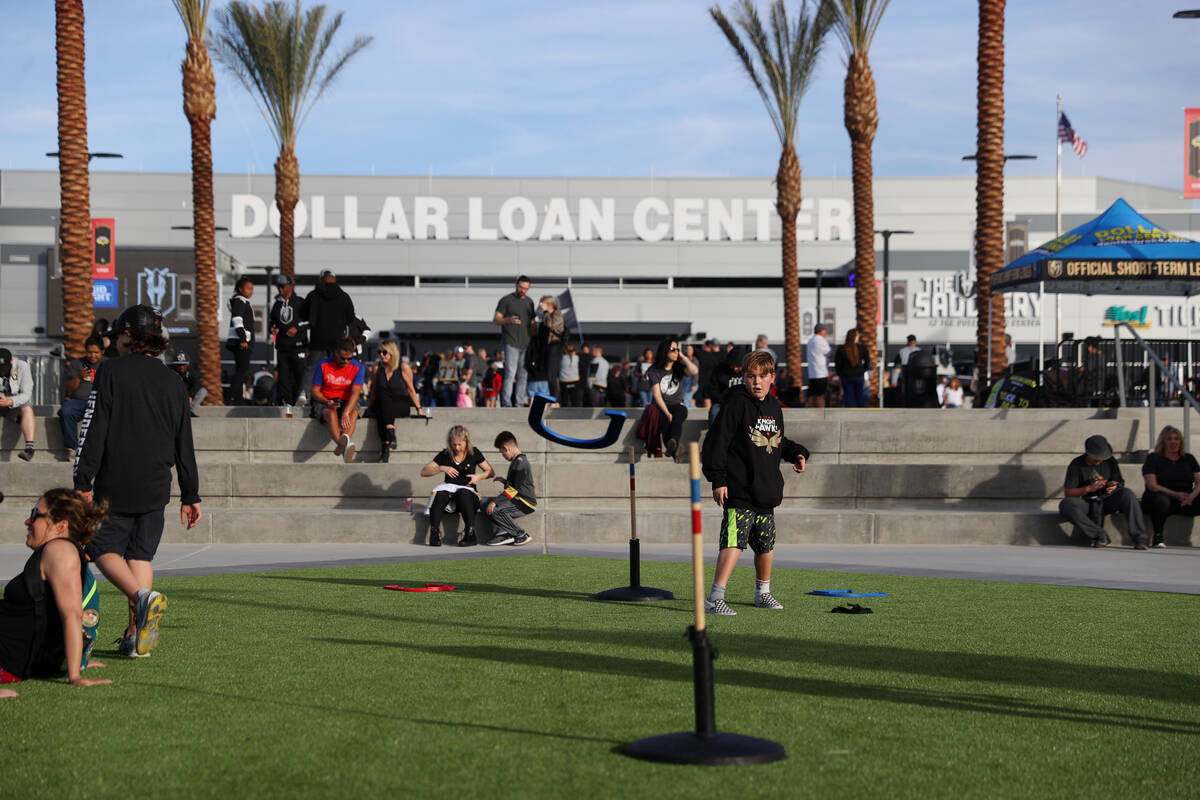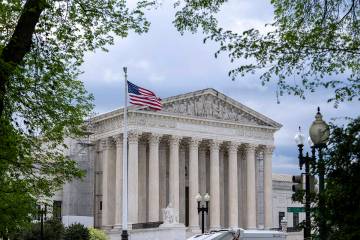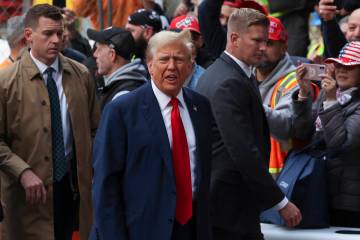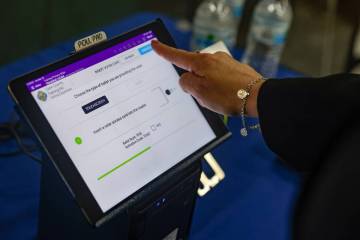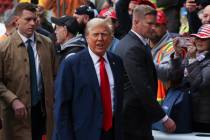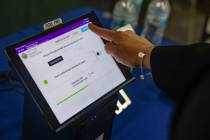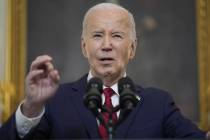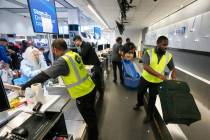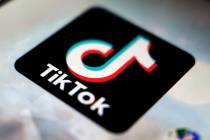Henderson Council candidates debate sports subsidies
The city of Henderson has devoted large amounts of taxpayer resources for sports franchises to locate their facilities within Henderson city limits in recent years.
The city was even willing to enter into confidential negotiations with teams, signing a nondisclosure agreement with the Major League Baseball’s Arizona Diamondbacks when trying to get the team to relocate in 2018.
When candidates in Henderson’s upcoming Ward 1 special election were asked if they would dedicate taxpayer money, land or other subsidies to sports or entertainment companies for locating facilities in Henderson, most of them supported the idea, with some caveats.
Candidates Melissa Woodbury, Tim Cox and Ali Nilson each said their support would come with proof of a clear economic benefit for the city.
“I would be hard pressed to devote taxpayer money to building private facilities,” Nilson said, “unless the city of Henderson had a financial benefit.”
The type of economic benefit Nilson said she would want to see would be profits for the city on top of regular tax revenues.
Economic gain wasn’t the only stipulation Cox mentioned for winning his support for using taxpayer fundsy. He also said any facilities located in Henderson would also have to benefit the surrounding community more than monetarily, like devoting resources to help with community issues like housing insecurity.
Community gains beyond money was also a requirement for candidates Alex Kleytman and Jim Seebock, with Seebock saying any facility needs to be “right for the community.”
Kleytman focused on the cultural effects that could be brought by these projects, saying the community lost an important cultural hub for music when the Silver Knights’ Dollar Loan Center replaced the storm-damaged Henderson Pavilion.
Alongside his requirement for community benefit, Seebock also said the opinions of locals need to be “heavily considered” when negotiating as well.
Aaron Johnson’s only requirement was for the local community to be involved. He said the neighbors should voice their stance on any deals “before we ever start spending any type of people’s tax money on private businesses.”
Eddie Hamilton was the only candidate who said he wouldn’t support using public resources for sports or entertainment facilities. Though developing the ward is one of his top campaign priorities, Hamilton said he is against using public money on private entities coming to the city.
Confidential negotiations
When asked if the city should ever enter into confidential negotiations or sign nondisclosure agreements involving public money, Johnson and Seebock said they supported full transparency, as long as the city doesn’t get into any legal trouble in doing so. Both candidates said they would ultimately refer to the advice of the city attorney in handling the situations.
Nilson said she understands sports or entertainment companies benefit from confidential negotiations, but said the city should be open with its residents about those negotiations, at least so those living in the affected neighborhoods are informed and can voice their opinions on the projects.
Hamilton and Cox said confidential negotiations make sense from a business standpoint, with Cox calling secrecy “inevitable” in certain situations. However both candidates said the city should be open with all final decisions made.
Kleytman said he understands both the business mindset for transparency and the arguments against it in deals regarding public money. He ultimately said his judgements on confidential negotiations have to be decided on a case-by-case basis.
Only residents of Henderson’s Ward 1 will be able to vote in the special election, thanks to a charter amendment approved last year. Early voting will open on March 28 and run until March 30 at City Hall, and Election Day will be held at City Hall on April 3.
Contact Mark Credico at mcredico@reviewjournal.com. Follow him on Twitter @MarkCredicoII.



